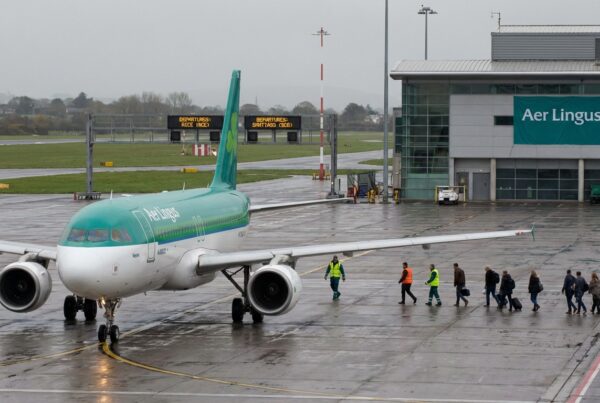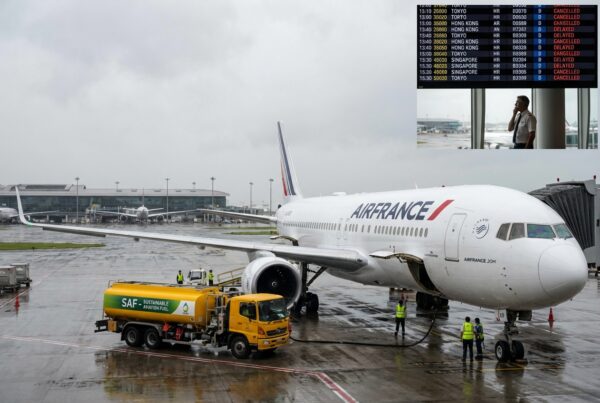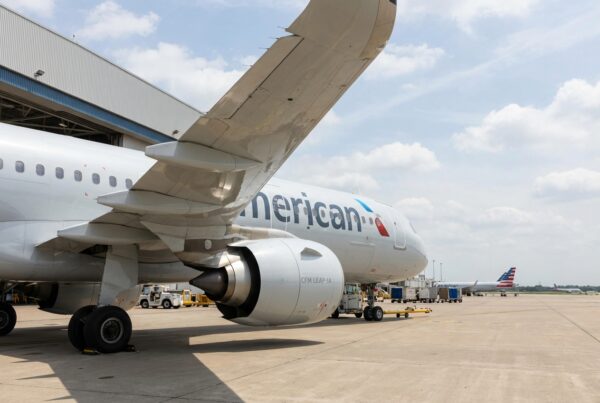UAF and the FNAM express their concern about the expected increase in taxes in the airline industry. This increase, which could reach a billion euros a year, is deemed "disproportionate and counter-productive", potentially leading to a "fatal fiscal shock" for air transport and tourism. Airlines and airports, united in their opposition, are calling for a genuine consultation and impact studies before any decision is taken. This situation is causing tension, with some operators such as Ryanair already adjusting their presence in response to the increased taxation.
Faced with the planned increase in taxes on air transport, the Union des Aéroports Français (UAF) and the Fédération Nationale de l'Aviation Marchande (FNAM) have voiced their strong opposition. These two major players in the airline industry foresee a considerable impact of this measure on the economy and tourism development.
A fatal tax shock
For UAF and FNAM, the proposed €1 billion annual tax increase is seen as a "fatal fiscal shock". They point out that, contrary to popular belief, air transport is already heavily taxed. They consider that this new measure would be "disproportionate and counter-productive", jeopardizing the financial equilibrium of airlines and airports.
Call for consultation
The two entities are urging a consultation and a detailed impact study before any decision is taken. Their main fear is that the announced tripling of the tax on air transport could not only reduce the number of flights, but also have negative repercussions on the territories that depend on this sector for tourism and trade.
International implications
The impact of higher taxes is not limited to France. The company Ryanairfor example, has already decided to reduce its offer in Germany due to the increase in air taxes. For its part, Eurowings revises its presence in Hamburg for the same reasons.
Potential consequences for the French economy
Higher taxes in the airline sector could have far-reaching economic consequences, as theIATA. Aviation professionals fear that this measure will prompt companies to reconsider their investments in France, thus compromising the country's economic and social development.
Airline and airport appeals
Faced with these challenges, airlines and airports are banding together to denounce this tax increase, with players such as FNAM and UAF highlighting the urgent need for shared reflection. Their main argument is that without proper cooperation and a long-term vision, air transport could experience an irremediable decline, ultimately affecting operators and consumers alike.

Comparison of UAF and FNAM arguments against higher air taxes
| Argument | Contents |
| Non-taxation of air transport | Falsethe sector is already taxed |
| Disproportionate measure | Increase considered as excessive |
| Economic consequences | Economic impact negative foreseeable |
| Concerted effort required | Call for a consultation in-depth |
| The need for an impact study | Request for a analysis before implementation |
| Deadly tax shock | Increase could be devastating |
| Closed opposition | Strong resistance sector |
| Call for real consultations | Call for a true open discussion |
| Impact on flights | Potential reduction offers |




